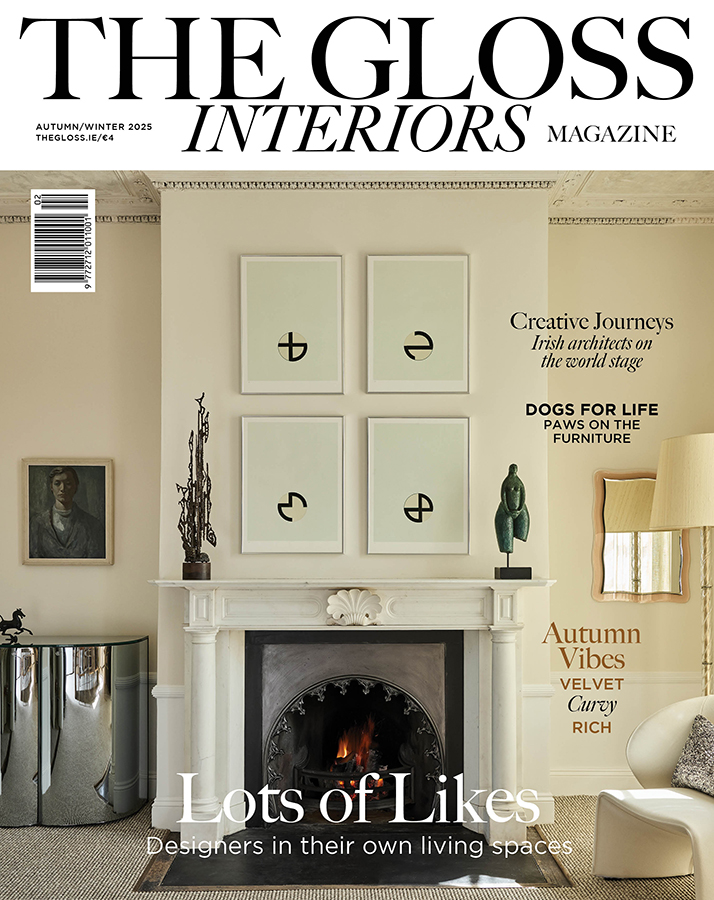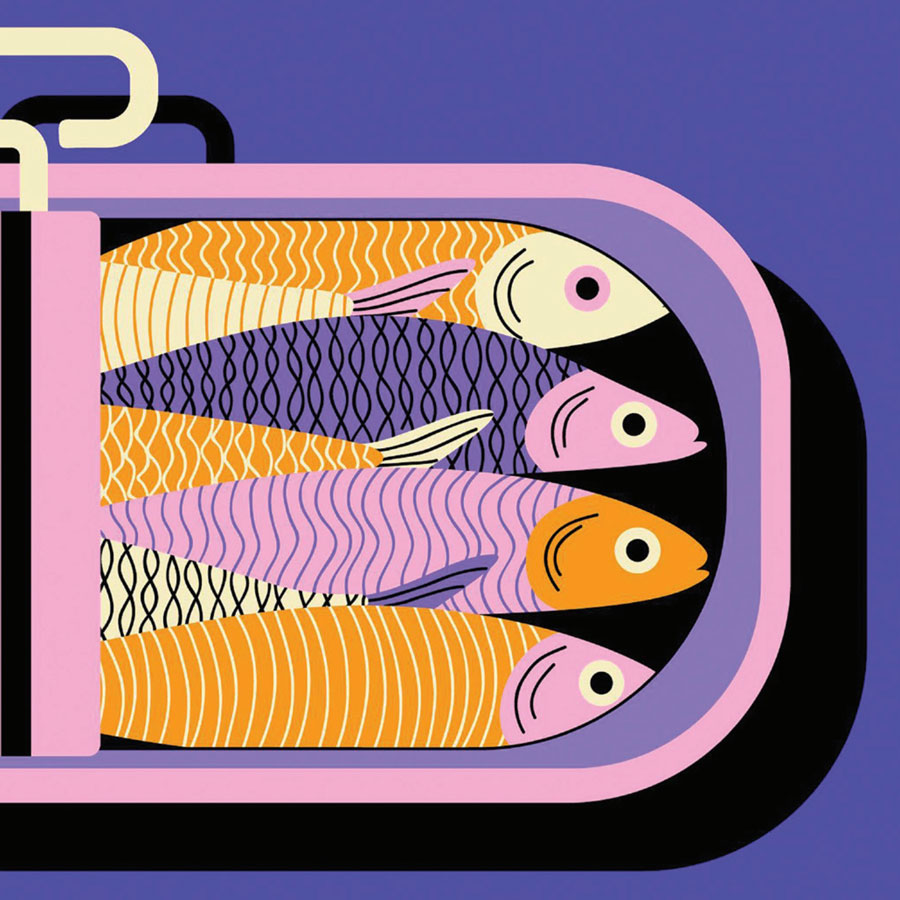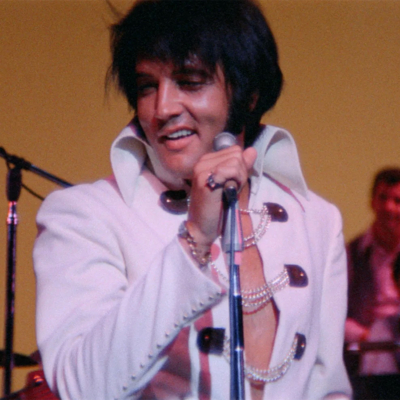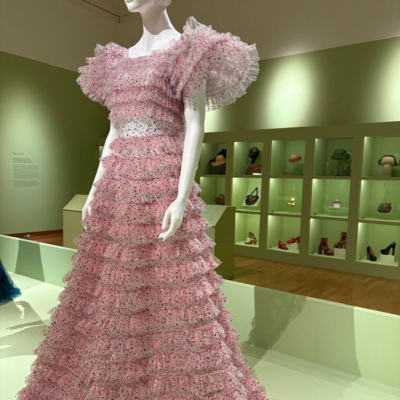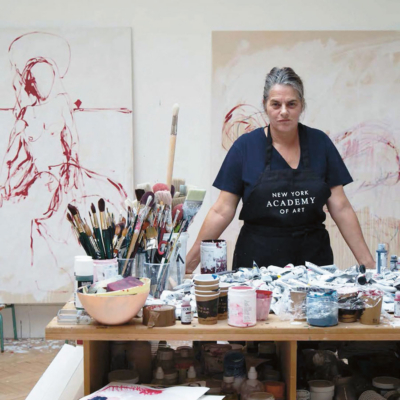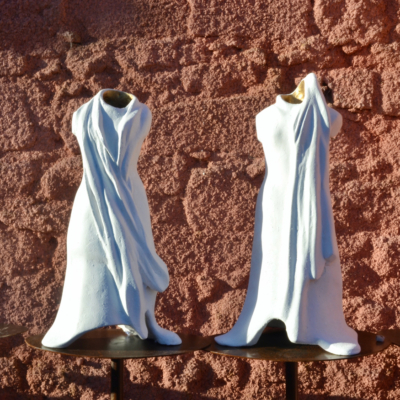Changing our hair, getting divorced, weight loss – they’re not just things we do; they’re JOURNEYS. The quest for better health is the greatest journey of all, writes Lisa Miller …
Drew Barrymore has been talking with Gayle King about her perimenopause “journey,” and soccer phenom Carli Lloyd has just divulged her fertility “journey.” By sharing her breast cancer story, Olivia Munn has said she hopes she will “help others find comfort, inspiration and support on their own journey”. A recent interview with Anne Hathaway has been posted on Instagram with a headline highlighting her “sobriety journey,” and Kelly Clarkson has opened up about what Women’s Health calls her “weight-loss journey.” On TikTok, a zillion influencer-guides lead pilgrims on journeys through such ephemeral realms as faith, healing, grief, friendship, mastectomy and therapy – often selling courses, supplements or eating plans as if they were talismans to help safeguard their path.
“Journey” has decisively taken its place in speech. The word holds an upbeat utility these days, signalling struggle without darkness or detail, and expressing – in the broadest possible way – an individual’s experience of travails over time.
According to US-based linguistics professor Jesse Egbert, the use of “journey” (the noun) has nearly doubled since 1990, with the most frequent instances occurring online. Mining a new database of conversational English he and colleagues are building, Egbert can show exactly how colloquial “journey” has become: One woman in Pennsylvania described her “journey to become a morning person,” while another in Massachusetts said she was “on a journey of trying to like fish.”
Egbert is able to further demonstrate how the word itself has undergone a transformative journey – what linguists call “semantic drift.” It wasn’t so long ago that we mostly used “journey” to mean a literal trip, whereas now it’s more popular as a metaphor. Egbert demonstrated this by searching the more than 1 billion words in a database called COCA for the nouns people put before “journey” to clarify what sort they’re on. Between 1990 and 2005, the most common modifier was “return,” followed by words like “ocean,” “train,” “mile,” “night,” “overland” and “bus.” But between 2006 and 2019, usage shifted. “Return” remains the most common noun modifier to journey, but now it’s followed closely by “faith,” “cancer” and “life.” Among the top 25 nouns used to modify “journey” today are “soul,” “adoption” and “hair.”
“One woman described her ‘journey to become a morning person’, while another said she was ‘on a journey of trying to like fish’.”
In almost every language, “journey” has become a way to talk abstractly about outcomes, for good reason: According to what linguists call the “primary metaphor theory,” humans learn as babies crawling toward their toys that “‘purpose’ and ‘destination’ coincide,” says linguist Elena Semino, who specialises in metaphor. As we become able to accomplish our goals while sitting still, ambition and travel diverge. Yet we continue to envision achievement as a matter of forward progress. This is why we say, “‘I know what I want, but I don’t know how to get there’,” Semino explains. “Or ‘I’m at a crossroads’.”
So it’s not surprising, perhaps, that as we started seeing good health as a desirable goal, achievable through our own actions and choices – and marketers encouraged these pursuits and commodified them – the words “journey” and “health” became inextricably linked.
The language (and business) of self-help so completely saturates culture that “it gets kind of hard to trace where a word started and where it came from,” says Jessica Lamb-Shapiro, author of Promise Land: My Journey Through America’s Self-Help Culture. We like to put an optimistic, brave spin on suffering, and “journey” seeped in because, Lamb-Shapiro speculates, it’s bland enough to “tackle really difficult things,” yet positive enough to “make them palatable and tolerable.”
“Journey” had fully entered medical-speak by the 2010s. Many cancer patients recoiled from the “battle” language traditionally used by doctors, as well as by friends and relatives. To reflexively call an experience of cancer a battle created “winners” and “losers,” where death or long suffering represented a failure – of will, strength, determination, diet, behavior or outlook – on the part of the patient. Many patients “detest” the military metaphor, Robert Miller conceded in Oncology Times in 2010. Miller, then a breast cancer oncologist, said he struggled to find the right words in composing a condolence note to a patient’s spouse. “I welcome suggestions,” he wrote.
“Journey” seemed less judgmental, more neutral. For some people, talking about cancer as a “journey” gave them a sense of control and camaraderie – buddies traveling the same path – but others with cancer used the term to convey their exhaustion. A cancer journey “is like trying to drive a coach and horses uphill with no back wheels on the coach,” one man wrote.
But it was too late: The metaphor already was everywhere. In 2014, Anna Wintour was asked which word she would like to banish from the fashion lexicon. She said, “journey.” The following year, Yolanda Foster, the mother of Gigi and Bella Hadid, told People magazine that while she was on her Lyme disease journey, two of her children were afflicted, too. Medical journals and government publications began describing insomnia, the effort to achieve healthcare reform, diabetes and the development of RSV vaccines as a journey. The term “healing journey,” in use since at least the mid-2010s, blew up around 2021. The phrase in news media referenced the experience of cancer, celebrity weight loss, trafficking of Indigenous children, Sean Combs’ creative process, spa vacations, amputation and better sex.
Ramani Durvasula uses “journey” advisedly. A clinical psychologist in Los Angeles who treats women in emotionally abusive relationships, she recognises how “journey” has been “eye-rollingly cheapened” and has started to experiment with alternatives. She’s tried “process.” She’s tried “healing trajectory.” But she falls back on “journey,” because it, more than any other word, expresses the step-by-step, sometimes circular or backward nature of enduring something hard. “Arguably, a journey doesn’t have a destination,” she said. “Have you ever taken a hike in a loop and you end up exactly where you parked your car?”
But Durvasula does object to the easy-breezy healing so many journey hashtags promote, what she calls the “post-sobriety, post-weight-loss, now-I’m-in-love-again-after-my-toxic-relationship” reels. Too many TikToks show the crying in the car and then the cute party dress, skipping over the middle, when people feel ugly, angry and hopeless. “I want to see the hell,” she said. “I want to see the nightmare.”
When in 2020 a Swedish linguist named Charlotte Hommerberg studied how advanced cancer patients describe their experience, she found that they used “battle” and “journey,” like everyone else. But most also used a third metaphor that conveyed not progress, fight or hope. They said cancer was like “imprisonment,” a feeling of being stuck – like a “free bird in a cage,” going nowhere.
This article originally appeared in The New York Times.




